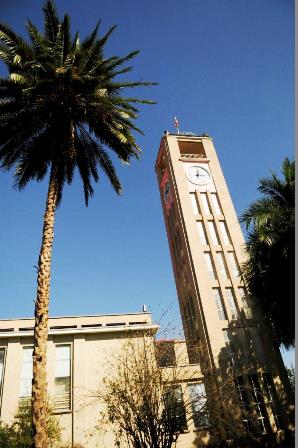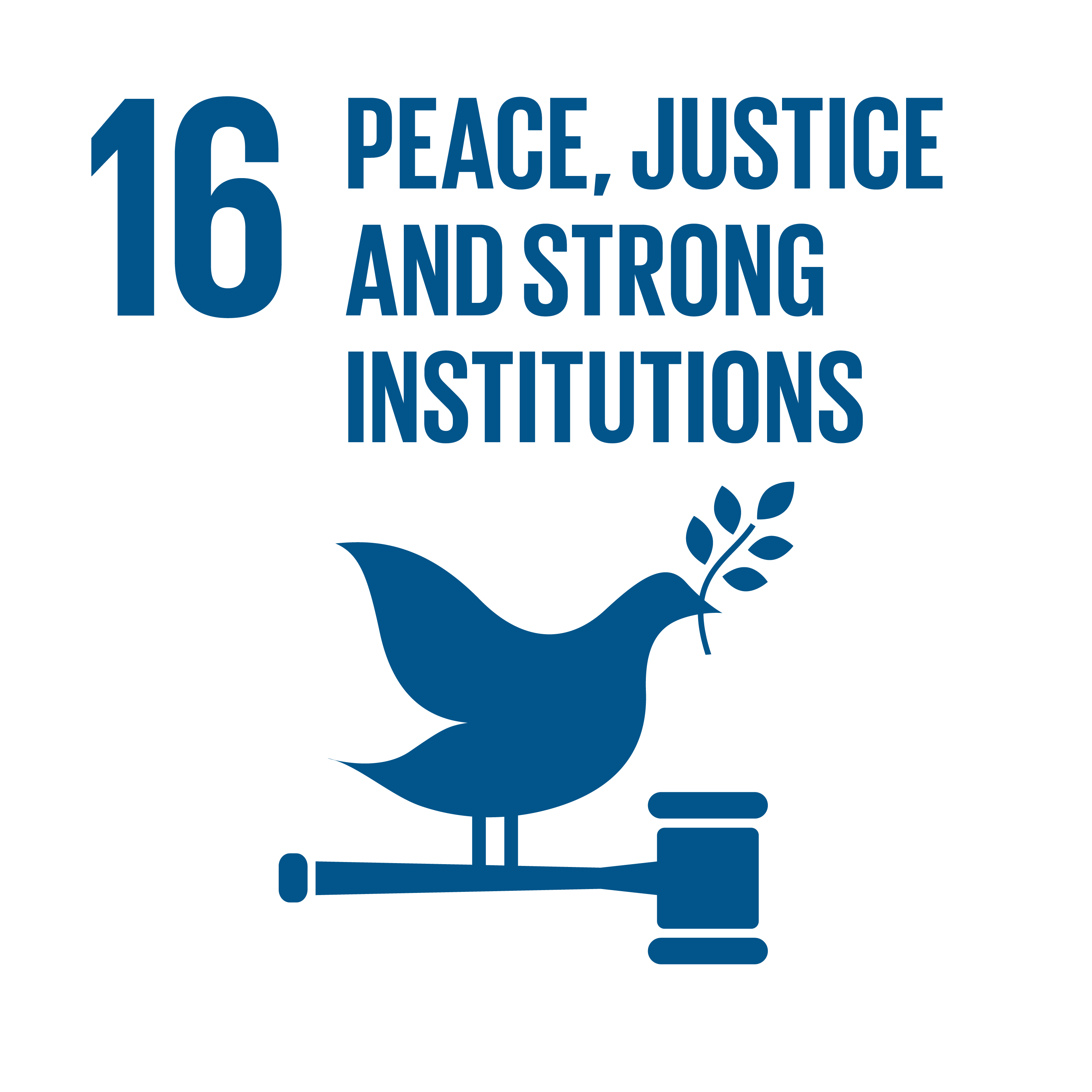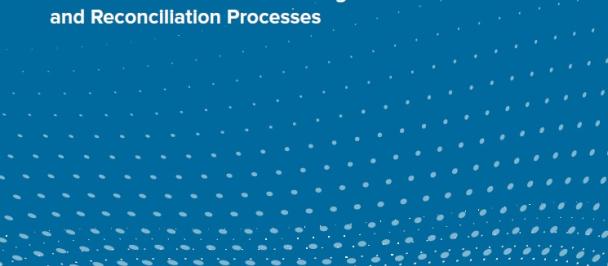By Eyasu Yimer, Programme Officer, GDDP

Parliamentarians are often considered to review matters from only a political angle. However, they also have to deal with many other topics and issues that require an understanding of the social, legal, science and economic aspects.
The fact is, they cannot be experts on everything although they are expected to have a view and reflect such views on almost any subject. Over time, the importance of using concrete evidence to support policy debate and making more informed decision is gaining ground. Parliamentarians, therefore, need access to knowledge products to effectively perform their duties.
Member of the House of Peoples’ Representatives (HoPR), one of the key Federal democratic institutions in Ethiopia, is no different. The House is the highest federal authority, as indicated in Art. 54 (3) of the Ethiopian Constitution and is supported both technically and administratively by a secretariat established as an independent office under Proclamation number 1164/19.
However, as in many democracies globally, Parliament, including its secretariat assigned to support the elected representatives, are not always very well equipped and resourced technically to provide information that helps MPs to discharge their key lawmaking, oversight and representative roles and scrutinize Government policy, debate pressing issues, and pass laws.
In Ethiopia, less than 5% of research requests coming from the Parliament’s standing committees or MPs were dealt with by the secretariat. The remainder of the requests could not be addressed due to the secretariat’s limited technical and human resource capacity.
In comparison, the UK's House of Commons research wing dealt with some 30,000-research request/enquiries from committees/or individual MPs in 2018.
In Ethiopia things are changing for the better, thanks to the support from UNDP through the Governance Democratic and Participation Programme (GDPP) that helped support the establishment of a Parliamentary Research Network (PRN) in 2019.
This network brings together local think-tanks, universities, international organizations, and CSOs, all of whom can help to provide useful research and information to support the work of the Parliament. It is also a great way to supplement the Parliament's staff resources and to foster opportunities for increased civic participation in the legislative body. It fills the gap between what Parliamentarians know and what they need to know.
As Hon. Speaker Tagesse Chaffo noted the significance and key role performed by the network, ‘the House is undergoing reform that the Network would have paramount importance in contributing to enhance evidence-based decision-making process that ultimately increases the quality of discharging its core mandates of legislative, oversight and representation functions’.
Currently, the Parliamentary Secretariat has identified research requests from the Standing Committees that can be undertaken with the assistance of the Network members, who have already chosen their key thematic areas relative to their field of expertise to jointly carry-out the selected research assignments.
Following this new innovative approach to Parliamentary research services provision, the Standing Committees and Parliamentarians will soon have access to evidence-based research reports that will help provide information to the Standing Committee discussions, inform the deliberations when reviewing draft legislation and lead to better-informed decision making. It will also help to enhance Parliaments ability to provide oversight/scrutiny creating a better understanding of the real issues.
There is also a benefit to the other key role performed by any Parliamentarian – representation that requires MPs to know and understand a range of topics and being able to present them to their constituents and seek feedback to help inform the law-making process. This, in turn, helps to ensure that there is a people-centered law-making in Ethiopia.
GDPP is UNDP’s flagship program with financial support from Sweden, Austria, Denmark and Norway under a strategic partnership approach.

 Locations
Locations
